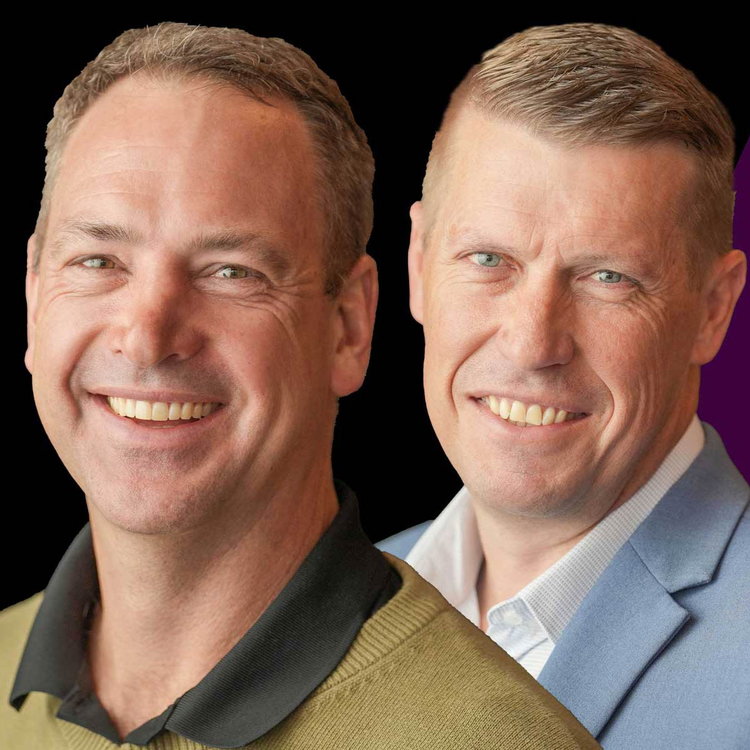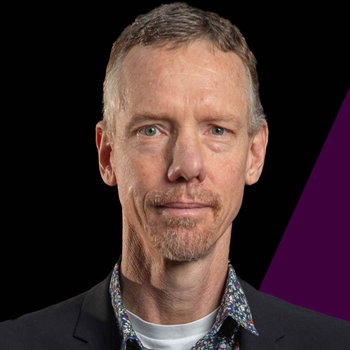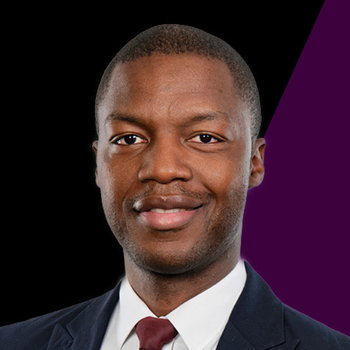
Arctic Wolf – weighing up in-house vs outsourced SOCs
Loading player...
In this episode of TCS+, TechCentral speaks with Jason Oehley and Andre Den Hond, regional sales manager and senior sales engineer, respectively, at Arctic Wolf, a company specialising in cybersecurity operations. They discuss the benefits of partnering with a cybersecurity provider versus building an in-house security operations centre (SOC).
The conversation begins by focusing on the critical role of security operations in ensuring business continuity. Every organisation requires a certain level of security, which can vary based on what employees are doing and what the organisation is focused on. Security operations are about finding the right balance between the actual security level and the required level – enough to be protected but without overspending.
The speakers then explore the challenges of building an in-house SOC. The biggest challenges they see with customers trying to build a SOC are skills shortages, identifying and integrating the right security tools, and a lack of comprehensive visibility across the organisation's attack surface. They find that organisations often struggle to find the right skills and tools, and even if they do, it can be difficult to retain skilled security professionals. Customers also experience alert fatigue from too many alerts from their security tools.
Partnering with a provider like Arctic Wolf can help address these challenges. Arctic Wolf will work and integrate with the customer's existing security tools and team, providing 24/7 monitoring and threat detection. This removes the burden of building and managing an SOC from the customer, allowing them to focus on business risk and strategic security management.
Arctic Wolf’s “concierge delivery model” helps customers continuously improve their security posture through a collaborative, partnership approach. This includes vulnerability management, security awareness training and incident response capabilities. This approach contrasts with a product-centric approach, which the speakers argue is not enough in today’s threat landscape.
The speakers conclude by discussing future trends in cybersecurity. They predict a consolidation in the cybersecurity market, with smaller companies being absorbed by larger ones. They also believe that the threat landscape will become more complex as attackers leverage AI and other advanced techniques. They stress the importance of a proactive and comprehensive approach to security, and the value of partnering with a security provider that can help organisations stay ahead of the evolving threat landscape.
Don’t miss this informative and important discussion!
The conversation begins by focusing on the critical role of security operations in ensuring business continuity. Every organisation requires a certain level of security, which can vary based on what employees are doing and what the organisation is focused on. Security operations are about finding the right balance between the actual security level and the required level – enough to be protected but without overspending.
The speakers then explore the challenges of building an in-house SOC. The biggest challenges they see with customers trying to build a SOC are skills shortages, identifying and integrating the right security tools, and a lack of comprehensive visibility across the organisation's attack surface. They find that organisations often struggle to find the right skills and tools, and even if they do, it can be difficult to retain skilled security professionals. Customers also experience alert fatigue from too many alerts from their security tools.
Partnering with a provider like Arctic Wolf can help address these challenges. Arctic Wolf will work and integrate with the customer's existing security tools and team, providing 24/7 monitoring and threat detection. This removes the burden of building and managing an SOC from the customer, allowing them to focus on business risk and strategic security management.
Arctic Wolf’s “concierge delivery model” helps customers continuously improve their security posture through a collaborative, partnership approach. This includes vulnerability management, security awareness training and incident response capabilities. This approach contrasts with a product-centric approach, which the speakers argue is not enough in today’s threat landscape.
The speakers conclude by discussing future trends in cybersecurity. They predict a consolidation in the cybersecurity market, with smaller companies being absorbed by larger ones. They also believe that the threat landscape will become more complex as attackers leverage AI and other advanced techniques. They stress the importance of a proactive and comprehensive approach to security, and the value of partnering with a security provider that can help organisations stay ahead of the evolving threat landscape.
Don’t miss this informative and important discussion!





